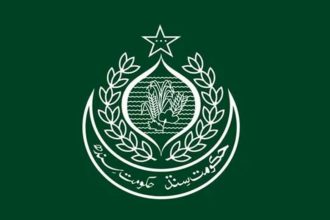As the Nawaz Sharif-led set-up at the centre completes its third year in power, the nation is still without a full-time foreign minister. The prime minister holds the critical portfolio himself, although power has been delegated somewhat by farming out responsibilities to the adviser on foreign affairs, as well as the special assistant.
However, as lawmakers belonging to the opposition PPP and PTI pointed out recently, the lack of a dedicated foreign minister is inexplicable, especially considering the numerous crises Pakistan has to deal with on the external front.
Every state worth its salt needs a focused and experienced hand that can plead the nation’s case and protect its interests on the foreign front. And when a nation has the type of complex foreign relations that Pakistan obviously does, the need for a consummate top diplomat becomes even more critical. So it is difficult to fathom why the prime minister refuses to assign the foreign affairs portfolio to a dedicated individual, apart from the fact that he wishes to make all key decisions himself.
The opposition’s demand for a full-time foreign minister is justified, and Mr Sharif should ensure the vacant slot is filled without delay. Having said that, it must also be acknowledged that when it comes to foreign affairs, as well as other ‘sensitive’ portfolios, the civilians play second fiddle to the men in khaki.
It is a barely disguised reality that significant ‘input’ from the security establishment goes into setting the foreign policy agenda. In a democratic dispensation, where parliament is supreme, this state of affairs is unacceptable. The military should be consulted on key issues linked to national security, but decisions about foreign affairs must be made in Islamabad, not Rawalpindi. Of course, the control of external affairs is but one part of the overall lopsided civil-military relationship in Pakistan.
The country needs a dedicated foreign minister, empowered by the prime minister and cabinet and answerable to parliament, to steer it through the often turbulent waters of external affairs.





